Help
Community21 has selected some case study communities and projects to share across the network to inspire and inform others. Should we be featuring yours? If so get in touch.
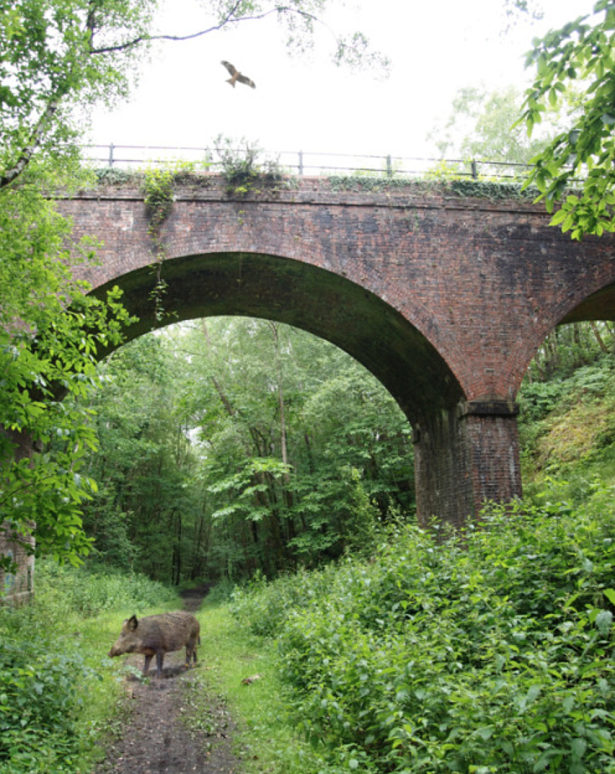
This 2011 project was funded by Gulbenkian Foundation project in collaboration with Zoe Ganderton from Action in Rural Sussex and The Brighton archive 'The Keep'.
Community21 worked with the team to explore engagement around a vision for Heathfield as the biggest parish in the UK.
Young school aged researchers and community members many of them in their eighties worked together to form visions for the Parish through mutual collaboration.
The teams of young and old(er) looked back 50 years, then reflected on today and then looked ahead 50 years to imagine the future having considered the past and present.
This simple process unlocked some great potential for intergenerational exchange and social cohesion between disparate groups.
It was presented by invitation to the Clore Foundation Fellows and to the Rural Commission.
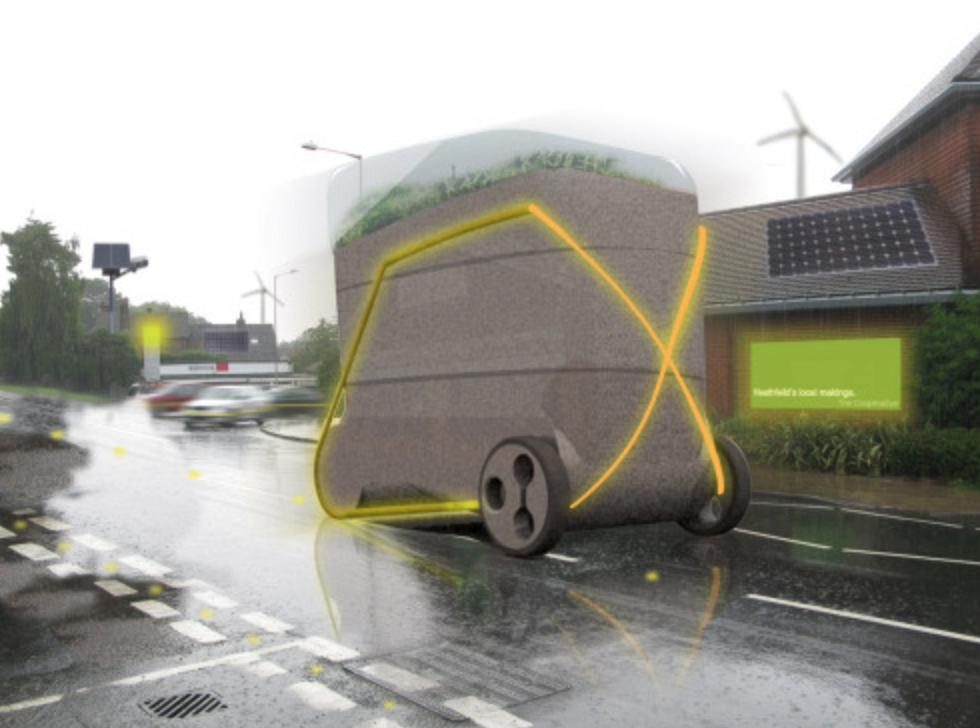
By working with the Community21 team of design staff and students we were able to utilise different digital technologies to explore the communication of ideas.
From 3D CAD modelling, use of ageing apps and animation and photo manipulation we were able to explore how to bring collaborative ideas to life.
We subverted or augmented images of the community taken by the participants. These 'special' or opportunistic places were then transformed into provocative and familiar visions.
Young 'digital natives' were empowered to help instruct older people with gadgets and record the stories of elders who were happy to reminisce.
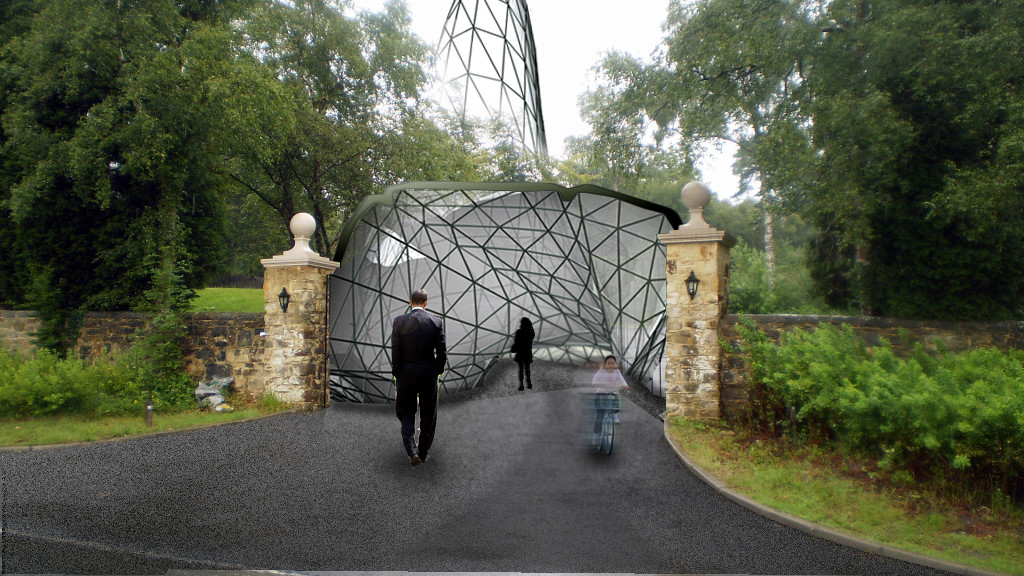
This project directed by Action in Rural Sussex and University of Brighton considered the past, present and future of the UK's largest parish (Heathfield in East Sussex) by deliberately engaging both young and old people from the community in 'creative conversations'.
See more here on their Community21 project page.
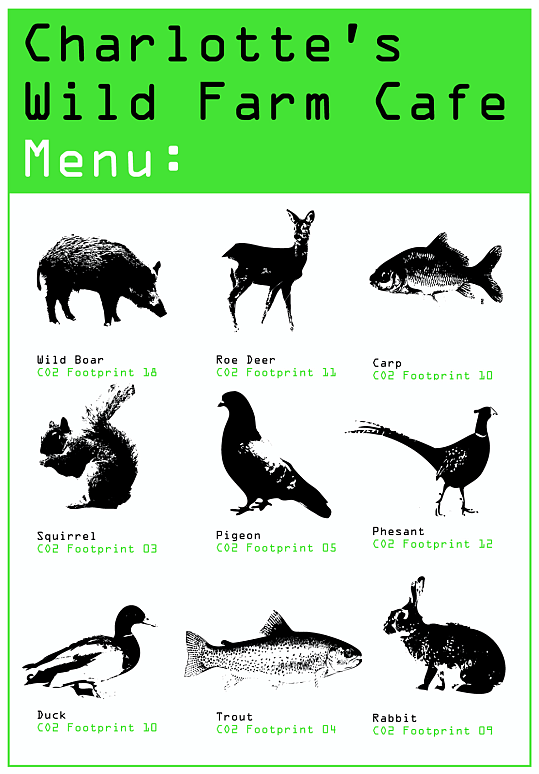
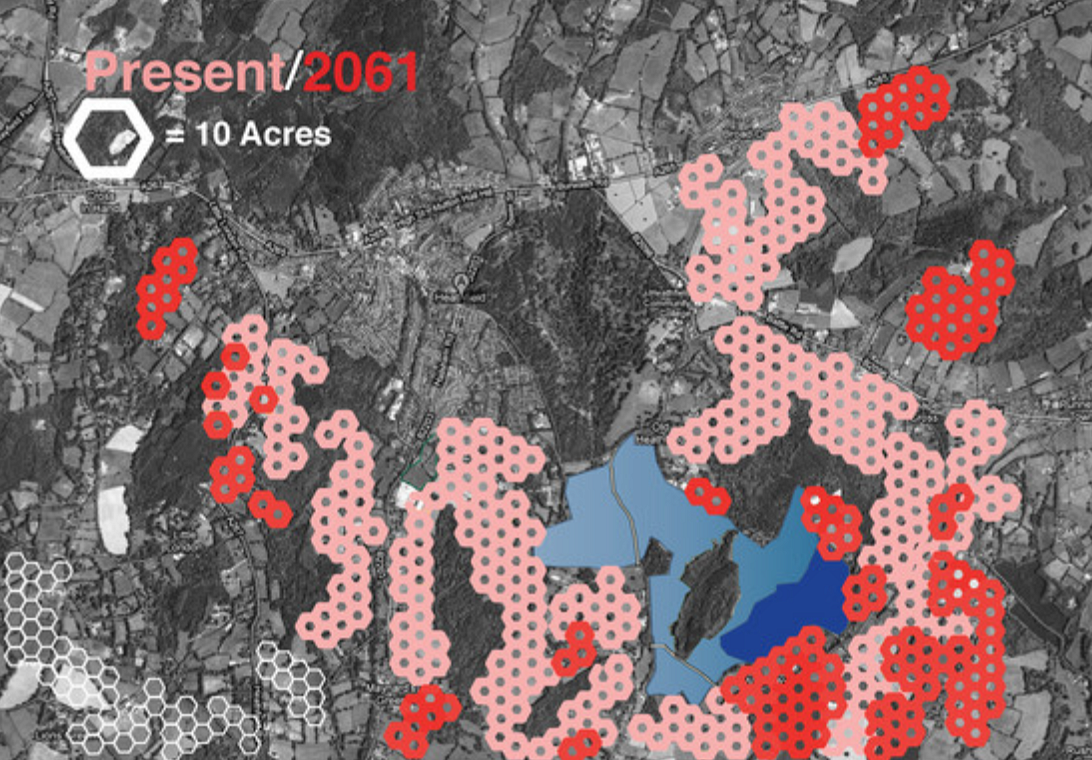
Through discussion with the older participants younger folks learned a lot about indigenous food and deduced that if we were to kerb CO2 emissions but wanted to eat meat then this might be the answer!
They designed different solutions to existing businesses that considered the traditions and culture of the Parish whilst having their eye on how to make changes that could secure more just and sustainable situations for the next generation.
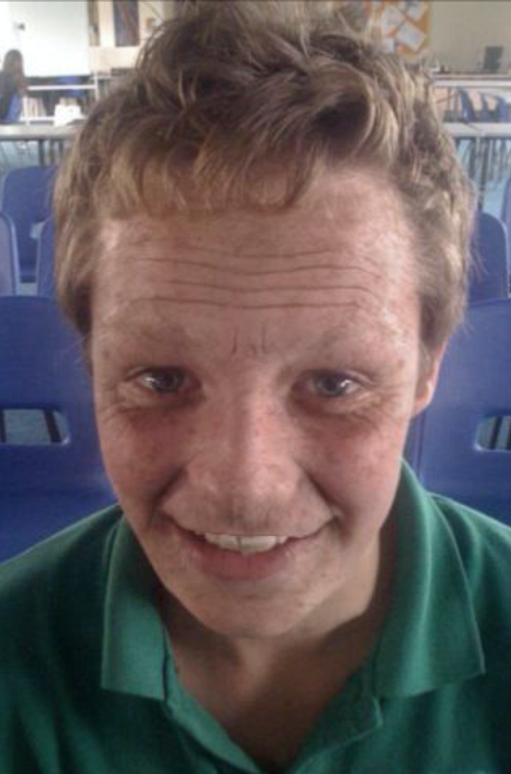
By using ageing apps we were able to get the young people to imagine being older and based on what they had learned from the elders, what their lives might be like.
It helped develop empathy and cohesion between the very different age groups with older people using the digital devices to age the children. Great fun too. We have since used versions of this technique in very different circumstances.
It even helped a few younger participants to consider how their parents livelihoods and rural businesses might become more resilient as well as how to capture and harness resources and fix things. But these contemporary ideas were inspired not by new technologies or policies but were prompted by reflecting on the way lives were lived two generations ago by ordinary people from the parish.